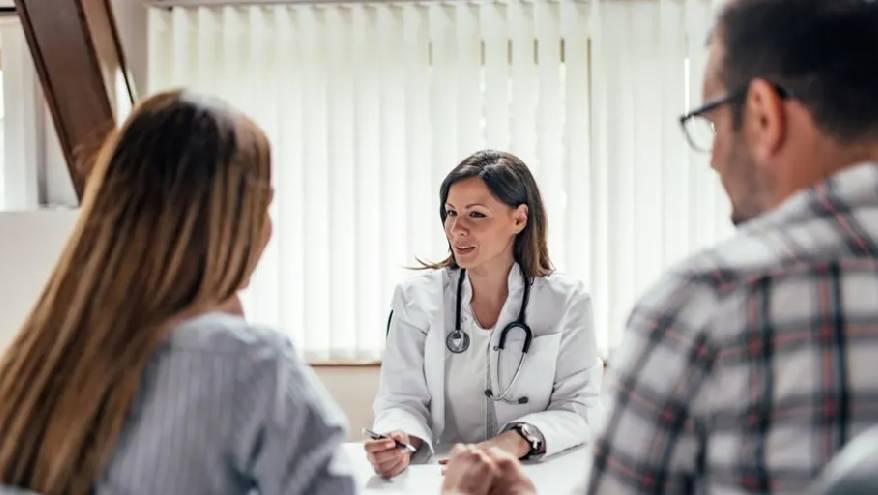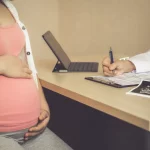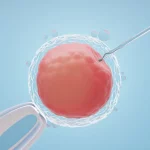
Donating eggs can be a deeply rewarding experience, providing hope and happiness to individuals or couples struggling with infertility. If you’re considering egg donation in New York, you’re likely curious about the process and requirements. This guide will walk you through everything you need to know about donating your eggs in the Empire State.
Understanding Egg Donation
What is Egg Donation?
Egg donation involves the retrieval of eggs from a woman’s ovaries for use in assisted reproductive technologies, such as in vitro fertilization (IVF). These donated eggs can help individuals or couples who are unable to conceive with their own eggs.
Who Can Donate?
In New York, egg donors typically need to be between the ages of 21 and 32, although specific requirements may vary between fertility clinics. Donors should be in good physical and mental health, with no significant genetic or medical conditions. Additionally, most clinics require donors to be non-smokers and have a healthy body mass index (BMI).
Finding a Fertility Clinic
Researching Fertility Clinics
The first step in donating your eggs is to find a reputable fertility clinic in New York. Look for clinics that specialize in egg donation and have a strong track record of success. You can research clinics online, read reviews, and ask for recommendations from your healthcare provider or friends who have undergone fertility treatments.
Scheduling a Consultation
Once you’ve identified a few potential clinics, schedule consultations to learn more about their egg donation programs. During these consultations, you’ll have the opportunity to ask questions, discuss the donation process, and learn about any specific requirements or restrictions.
The Egg Donation Process
Initial Screening
Before you can proceed with egg donation, you’ll need to undergo a series of medical and psychological screenings. These screenings are designed to ensure that you’re a suitable candidate for egg donation and that the process will be safe for both you and the intended parents.
Ovarian Stimulation
Once you’ve been cleared to proceed with egg donation, you’ll begin the process of ovarian stimulation. This typically involves taking hormone medications to stimulate your ovaries to produce multiple eggs. Throughout this process, you’ll be closely monitored by your medical team through blood tests and ultrasounds.
Egg Retrieval
When your eggs are mature, they’ll be retrieved from your ovaries in a minor surgical procedure called egg retrieval. This procedure is usually performed under sedation, and you can typically go home the same day. The retrieved eggs will then be fertilized with sperm in the laboratory, and any resulting embryos will be transferred to the intended mother’s uterus.
Legal and Ethical Considerations
Legal Agreements
Before beginning the egg donation process, you’ll need to sign legal agreements outlining your rights and responsibilities as an egg donor. These agreements typically address issues such as compensation, confidentiality, and parental rights.
Ethical Considerations
Egg donation raises complex ethical considerations, including questions about autonomy, commodification, and the welfare of the resulting child. It’s important to carefully consider these issues and ensure that you’re comfortable with your decision to donate eggs.
Emotional Preparation
Understanding Emotional Impact
While egg donation can be an incredibly rewarding experience, it’s important to acknowledge the emotional impact it may have on you. Some donors experience a range of emotions throughout the process, including pride, joy, and fulfillment, as well as anxiety, sadness, or uncertainty. Take the time to reflect on your feelings and seek support from friends, family, or a therapist if needed.
Building a Support System
Having a strong support system in place can be invaluable during the egg donation process. Talk to your loved ones about your decision to donate eggs and lean on them for emotional support and encouragement. You may also find it helpful to connect with other egg donors through online forums or support groups to share experiences and advice.
Compensation and Expenses
Understanding Compensation
Egg donors in New York are typically compensated for their time, effort, and any expenses incurred during the donation process. Compensation amounts can vary depending on factors such as the clinic, the donor’s experience, and the demand for eggs. It’s important to discuss compensation openly and honestly with the fertility clinic to ensure that both parties are satisfied with the arrangement.
Covering Expenses
In addition to compensation, donors may also be reimbursed for certain expenses related to the donation process, such as travel costs, medication expenses, and lost wages. Be sure to keep track of any expenses you incur and discuss reimbursement procedures with the clinic beforehand.
Post-Donation Care
Recovery and Follow-Up
After the egg retrieval procedure, you’ll need some time to rest and recover. Your fertility clinic will provide you with specific post-procedure instructions and may schedule a follow-up appointment to monitor your progress. Be sure to follow your doctor’s recommendations for self-care and reach out if you experience any unusual symptoms or concerns.
Long-Term Health Considerations
While egg donation is generally safe, it’s important to consider any potential long-term health implications. Some research suggests that repeated egg donation may have an impact on fertility or ovarian function, although the evidence is still limited. Before proceeding with egg donation, discuss any concerns about long-term health with your medical team.
Continuing Support
Staying Connected
Your relationship with the fertility clinic doesn’t necessarily end after the egg retrieval process. Some clinics offer ongoing support and resources for donors, including counseling services, educational materials, and opportunities to stay connected with other donors. Take advantage of these resources to stay informed and supported throughout your egg donation journey.
Frequently Asked Questions (FAQs)
Q: What are the age requirements for egg donation in New York?
A: Egg donors typically need to be between 21 and 32 years old, although exact age limits may vary slightly between fertility clinics.
Q: How long does the egg donation process take?
A: From initial screening to egg retrieval, the process typically takes 4-6 weeks. However, this timeframe can vary depending on individual circumstances and clinic protocols.
Q: Is egg donation painful?
A: The egg retrieval procedure is usually performed under sedation, so donors typically experience minimal discomfort. Some may experience mild cramping or bloating afterward, which usually resolves within a few days.
Q:What are the risks associated with egg donation?
A: While complications are rare, potential risks include ovarian hyperstimulation syndrome, infection, and reaction to anesthesia. Donors should discuss any concerns with their medical team.
Q: Can I donate eggs more than once?
A: Yes, but most clinics recommend limiting egg donations to no more than 6 times in a lifetime to minimize potential risks to the donor’s health.
Conclusion
Donating eggs can be a life-changing experience, offering hope and joy to individuals and families longing for a child. If you’re considering egg donation in New York, take the time to research fertility clinics, understand the process, and carefully consider the legal and ethical implications. By donating your eggs, you have the opportunity to make a profound difference in someone else’s life.
Should you have any questions or concerns, please do not hesitate to contact us at 212-661-7177 or info@eggdonors4all.com.

Dr. Veera Saghar
As an Egg Donor Coordinator, she plays a critical role in our company. Her background as a medical graduate from ISRA UNIVERSITY in Pakistan provides us with a solid foundation in the medical sciences. She has seven years of clinical experience practicing in the USA. This has given her firsthand experience when collaborating with patients and their families.
She is responsible for managing the process of egg donation from start to finish. We identify and screen potential egg donors.












